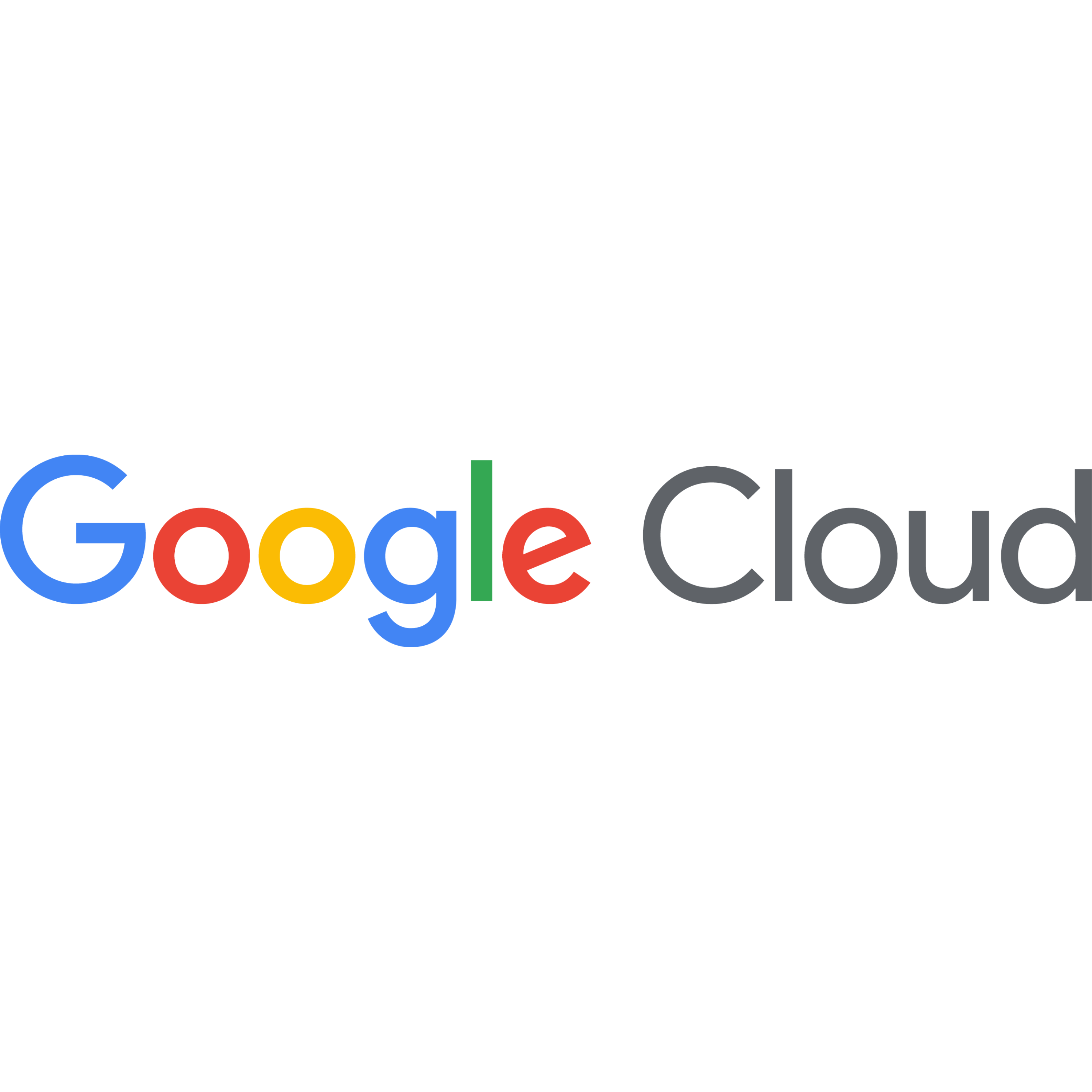
AI experts and customers consistently point to the need for robust data readiness and governance practices as a foundational element of AI success.
With its broad range of AI and data management tools, along with robust cloud services, Google Cloud is positioned strongly to deliver on these requirements. The company bolstered that position with several new and enhanced products that unify AI governance, give developers new AI-powered functionality, and leverage AI to better support diverse data types in the company’s BigLake data lake platform.
The company launched:
- Dataplex Universal catalog for discovering and organizing AI metadata
- AI-native, Gemini-powered “notebooks” for developers, as well as integrations with widely used developer tools
- BigLake enterprise-grade storage enhancements
- United operational and analytical engines that build on BigLake foundation to let customers interoperate on the Iceberg open data foundation for diverse workloads
The architectural diagram published by Google Cloud (below) illustrates the positioning of BigLake and the new Dataplex Universal Catalog, as well as the constituencies that can capitalize on the new AI-powered products and features.

Dataplex Universal Catalog
The new Dataplex platform is positioned as a universal catalog for the Google Data Cloud that helps customers leverage their entire data estate as actionable resources.
Dataplex Universal Catalog automatically discovers and organizes metadata across all analytical and operational systems including:
- BigLake-native Iceberg storage
- Analytical data in BigQuery
- Metadata from machine learning models in Vertex AI
- Open formats including Delta and Hudi on Cloud Storage
- Transactional data from databases including Google Cloud Spanner
Dataplex enables users of BigLake to define governance policies centrally and enforce them across multiple data engines. It supports fine-grained access controls to strengthen governance across data sources in Google Cloud through “credential vending” which allows users to securely extend centrally defined policies to all data sources.
Dataplex Universal Catalog is powered by a Gemini AI-enhanced knowledge graph, transforming metadata into actionable intelligence. AI serves to automate metadata curation, infer hidden relationships between data elements, recommend insights from data backed by complex queries, and enable semantic search with natural language.
Dataplex AI underpinnings also fuel AI-powered experiences and autonomous agents. For instance, Gemini-powered assistance using Dataplex Universal Catalog shows 50% greater precision in identifying datasets, to deliver business insights faster.

“Any AI driven data strategy benefits from more than just a traditional passive catalog, and that’s why we’re making the Dataplex Universal Catalog active and intelligent, to supercharge all of your applications and now also AI and agents,” said Yasmeen Ahmad, managing director, Data Cloud at Google Cloud during the company’s launch event.

AI-Native Notebooks For Data Pros
Google Cloud’s overriding goal with new notebook functionality is to embed AI and lakehouse integration directly into developers’ preferred tools and workflows to enable data scientists, engineers, and analysts to operate at optimal productivity.
The company’s new AI-native BigQuery Notebooks provide a unified experience across SQL, Python, and Apache Spark tools, enhanced by Gemini assistive capabilities.
Gemini functions as an intelligent collaborator with advanced PySpark code generation, explanations of complex code, and investigations for Spark troubleshooting. These features are designed to reduce development friction and accelerate productivity.
Google Cloud is also facilitating developers’ connections to BigLake capabilities directly from their preferred development environments with JupyterLab and Visual Studio Code extensions for BigQuery, DataProc, and Google Cloud Serverless for Apache Spark. This means users can launch development initiatives quickly with access to lakehouse datasets and files from their preferred tools.
Together, these integrations help organizations connect all of their data to Google’s AI to capitalize on the speed and innovations those AI tools enable.
“This focus on an elevated developer experience ensures that your teams can leverage their existing skills and use their preferred tools to benefit from the scale and performance and governance that we spoke about here today and the impact of this work,” Ahmad said.

Expanded BigLake Services, Data Unification
The company’s BigLake advances include Iceberg native storage, which provides enterprise-grade support for Iceberg on Google’s Cloud Storage through BigLake tables for Apache Iceberg (GA). BigLake natively supports Google’s Cloud Storage management capabilities and extends these to Iceberg data, enabling customers to use storage Autoclass for efficient data tiering. As noted above, BigLake is also natively supported in Dataplex for centralized governance.
The new BigLake metastore allows customers to achieve openness and interoperability across their data ecosystem while simplifying management and governance. BigLake metastore is built on Google Cloud infrastructure; it provides a unified, serverless platform that brings together enterprise metadata from various sources (BigQuery, Iceberg native storage, and self managed open formats) to support analytics, operational querying, streaming, and AI.
In other data unification advances, BigQuery’s built-in AI capabilities including AI Query Engine multimodal analysis can be leveraged directly on open datasets. Customers therefore benefit from the openness and data ownership associated with native Iceberg storage, while simultaneously gaining access to BigQuery functionality.
“Big Lake is that intelligent, comprehensive storage runtime for your entire Google Data Cloud file. Think of it as the unifying fabric built upon the scale and reliability of Google Cloud Storage and its fundamental purpose is to create a single, consistent data foundation across all of your data assets,” Ahmad said.
Unified data management extends beyond analytics into AlloyDB for PostgreSQL, Google Cloud’s high-performance operational database, which can now natively query the same BigLake-managed Iceberg data.

AI Agent & Copilot Summit is an AI-first event to define opportunities, impact, and outcomes with Microsoft Copilot and agents. Building on its 2025 success, the 2026 event takes place March 17-19 in San Diego. Get more details.









